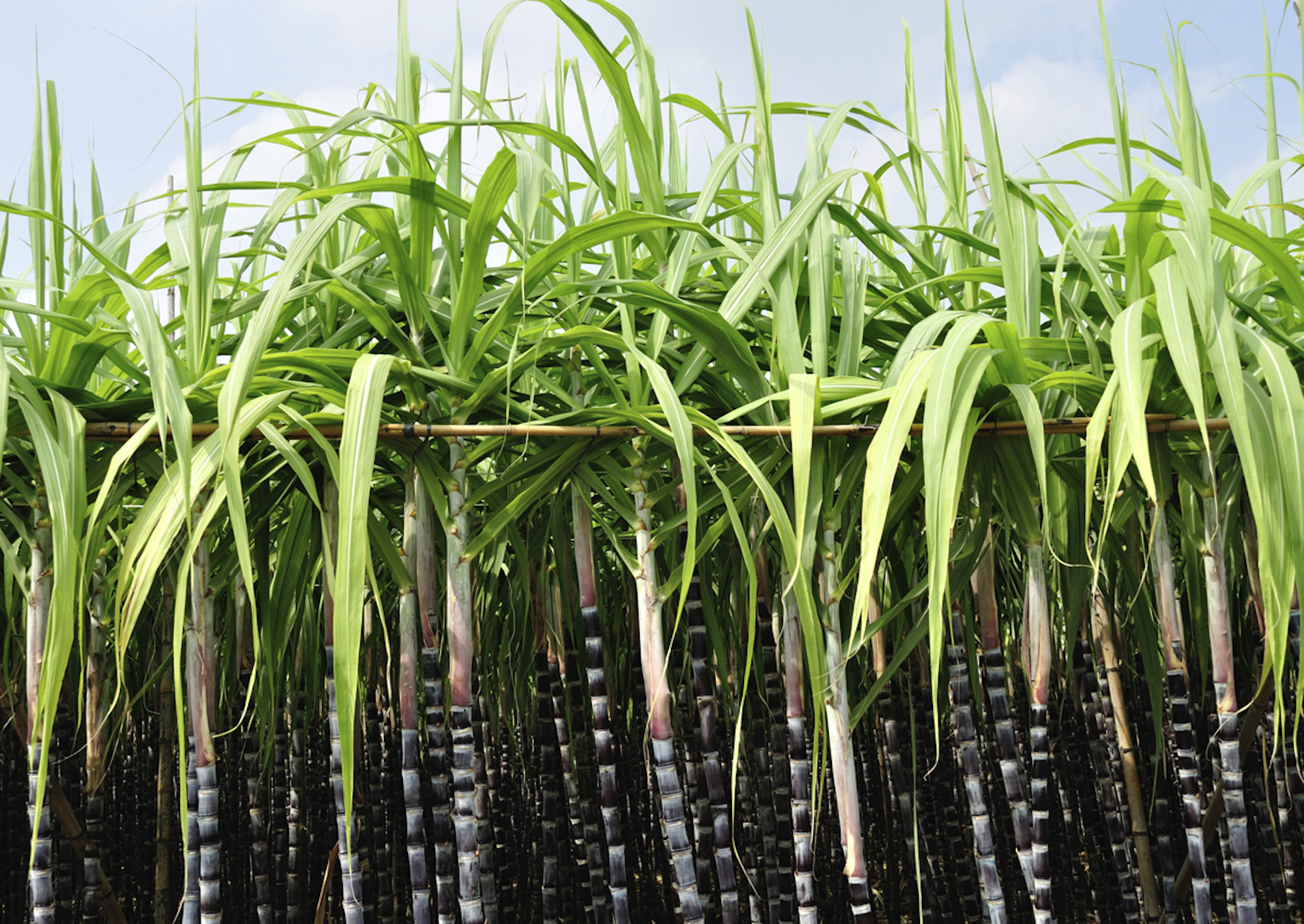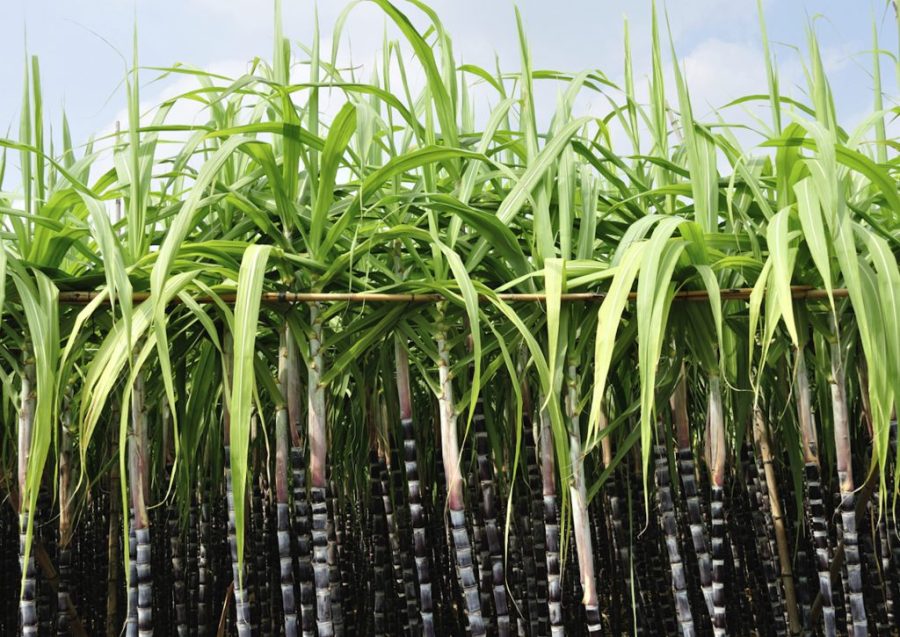China has approved the import of eight genetically modified (GM) crops, including two GM sugarcane traits developed in Brazil, the country’s agriculture ministry said.
Global seed makers and the US government welcomed the decision as Beijing’s slow approval process disrupted grain exports and the launch of crops in China, which is one of the world’s biggest agriculture markets.
Along with the two GM sugarcane traits developed in Brazil, China also cleared herbicide-resistant cotton, Reuters reported.
The crops were permitted to be imported for processing in China from 5 January for the next five years.
The approvals are “a positive step towards resolving the longstanding challenges biotechnology developers face in obtaining import approvals in China,” said the Biotechnology Innovation Organization in Washington, the world’s largest trade association for biotech companies.
Beijing has maintained a cautious approach to GM technology and has not approved any major food crops for cultivation, despite President Xi Jinping’s backing of the technology.
China allows the import of GM crops used in animal feed, but trade partners say the process is not always based on science and is often driven by politics.
Among those approved were two glyphosate-resistant types of alfalfa first submitted for approval more than 10 years ago.
The crops are owned by US-based Land O’Lakes subsidiary Forage Genetics International, after being co-developed by the company and Monsanto, now owned by Bayer, said Glenda Gehl, Forage Genetics’ vice president and general manager.
US farmers already grow the alfalfa, but Beijing’s approvals open the door for expanded plantings in Western states that supply export markets, she said.
China also approved the safety of three domestically developed GM products, including insect- and glyphosate-resistant corn from Yuan Longping High-tech Agriculture and Hangzhou Ruifeng’s insect-resistant soybean.






